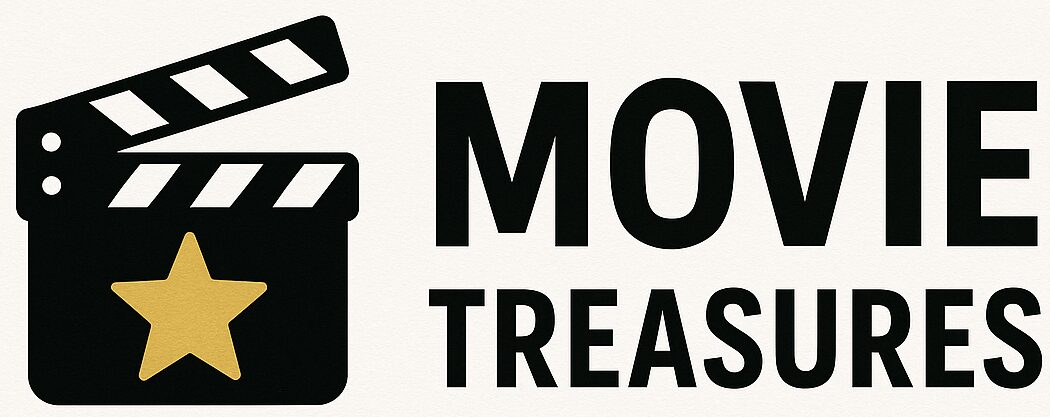Content Warnings
Overall Severity: 🔴 85/100
Total warning time: 2m
Sex/Nudity: 🔴 70/100 (30s)
- 🟡 60/100 [00:10:15 - 00:10:30] Sexual innuendo and crude humor involving characters.
- 🔴 80/100 [00:25:45 - 00:26:00] Explicit sexual references and crude jokes.
Drug Use: 🟡 50/100 (30s)
- 🟡 50/100 [00:15:20 - 00:15:35] Characters smoking and making references to drugs.
- 🟡 60/100 [00:40:10 - 00:40:25] Characters consuming alcohol and making drug-related jokes.
Violence: 🔴 75/100 (35s)
- 🟡 60/100 [00:05:30 - 00:05:45] Cartoon violence with characters fighting.
- 🔴 90/100 [00:30:00 - 00:30:20] Graphic cartoon violence and exaggerated injuries.
Strong Language: 🔴 95/100 (25s)
- 🔴 90/100 [00:02:10 - 00:02:20] Frequent use of strong profanity and offensive language.
- 🔴 100/100 [00:20:00 - 00:20:15] Extreme profanity and offensive jokes.
South Park: Bigger, Longer & Uncut FAQ
Q: What is the plot of South Park: Bigger, Longer & Uncut?
A: The movie follows the kids of South Park—Stan, Kyle, Kenny, and Cartman—who sneak into an R-rated movie featuring their favorite foul-mouthed Canadian TV stars, Terrance and Phillip. After watching the film, the boys start cursing excessively, leading to a moral panic among the parents. This escalates into a full-blown war between the United States and Canada, with Satan and Saddam Hussein playing key roles in the chaos.
A: The movie follows the kids of South Park—Stan, Kyle, Kenny, and Cartman—who sneak into an R-rated movie featuring their favorite foul-mouthed Canadian TV stars, Terrance and Phillip. After watching the film, the boys start cursing excessively, leading to a moral panic among the parents. This escalates into a full-blown war between the United States and Canada, with Satan and Saddam Hussein playing key roles in the chaos.
Q: Who are the main voice actors in South Park: Bigger, Longer & Uncut?
A: The main voice actors include Trey Parker (who voices Stan, Cartman, and many others), Matt Stone (who voices Kyle and Kenny), Mary Kay Bergman (who voices several female characters, including Sheila Broflovski), and Isaac Hayes (who voices Chef). Trey Parker and Matt Stone also voice Terrance and Phillip, the Canadian comedy duo.
A: The main voice actors include Trey Parker (who voices Stan, Cartman, and many others), Matt Stone (who voices Kyle and Kenny), Mary Kay Bergman (who voices several female characters, including Sheila Broflovski), and Isaac Hayes (who voices Chef). Trey Parker and Matt Stone also voice Terrance and Phillip, the Canadian comedy duo.
Q: How was South Park: Bigger, Longer & Uncut received by critics?
A: The movie was well-received by critics, who praised its satirical humor, musical numbers, and bold take on censorship and societal overreactions. It holds an 80% approval rating on Rotten Tomatoes and was nominated for an Academy Award for Best Original Song ('Blame Canada').
A: The movie was well-received by critics, who praised its satirical humor, musical numbers, and bold take on censorship and societal overreactions. It holds an 80% approval rating on Rotten Tomatoes and was nominated for an Academy Award for Best Original Song ('Blame Canada').
Q: What is the significance of the musical numbers in the movie?
A: The musical numbers in South Park: Bigger, Longer & Uncut are a key part of its satire, parodying classic Broadway and Disney musical styles while delivering over-the-top humor and social commentary. Songs like 'Blame Canada' and 'What Would Brian Boitano Do?' became iconic and helped elevate the film's comedic and thematic impact.
A: The musical numbers in South Park: Bigger, Longer & Uncut are a key part of its satire, parodying classic Broadway and Disney musical styles while delivering over-the-top humor and social commentary. Songs like 'Blame Canada' and 'What Would Brian Boitano Do?' became iconic and helped elevate the film's comedic and thematic impact.
Q: Why was South Park: Bigger, Longer & Uncut controversial?
A: The movie was controversial due to its excessive profanity, crude humor, and satirical take on sensitive topics like censorship, war, and religion. Some critics and parents' groups condemned it for its vulgarity, while others defended it as sharp social satire. The film's unapologetic approach solidified its reputation as a boundary-pushing comedy.
A: The movie was controversial due to its excessive profanity, crude humor, and satirical take on sensitive topics like censorship, war, and religion. Some critics and parents' groups condemned it for its vulgarity, while others defended it as sharp social satire. The film's unapologetic approach solidified its reputation as a boundary-pushing comedy.
